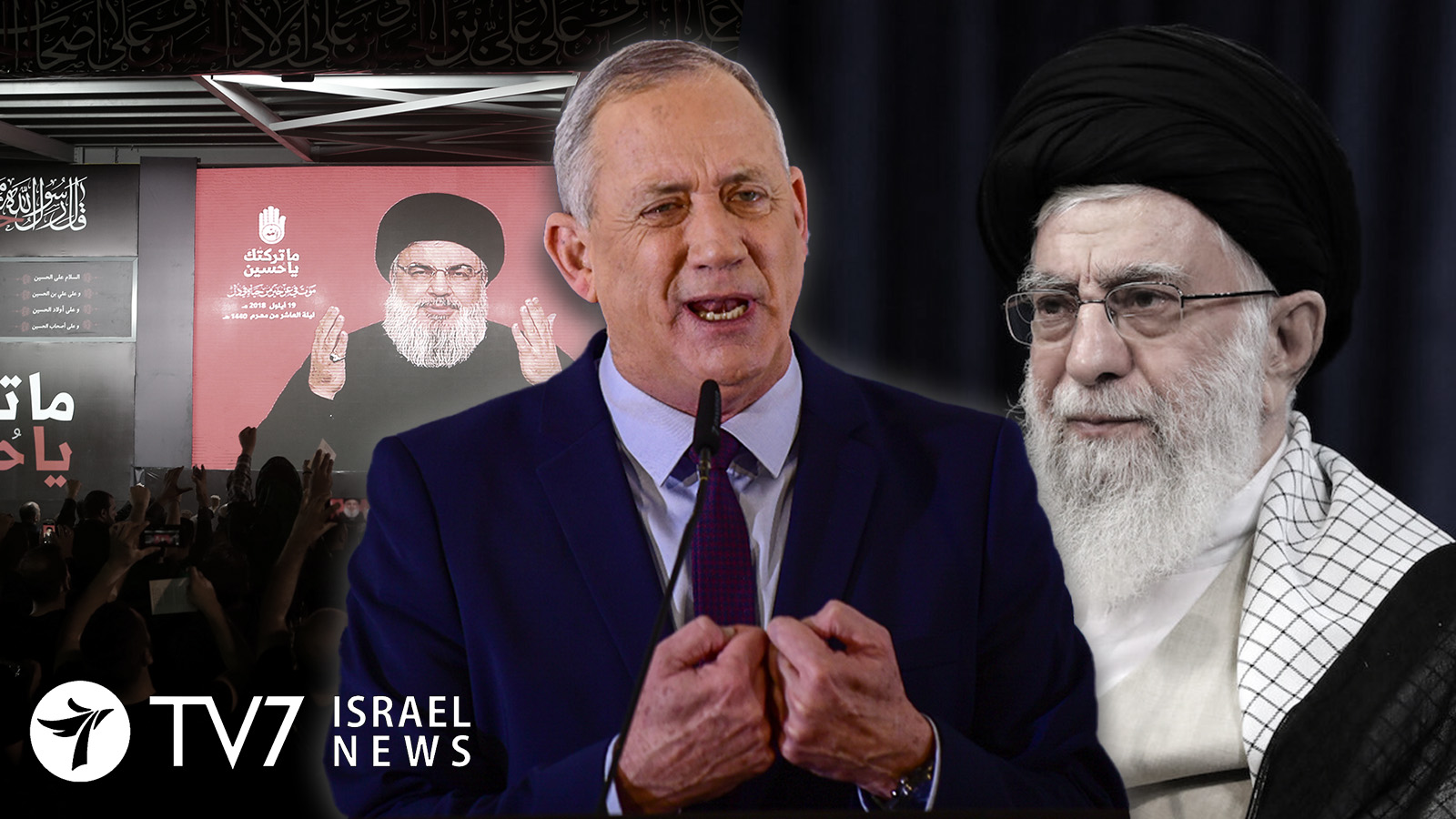As Israel prepares to enforce nightly curfews in 40 locations aimed at limiting the spread of COVID-19, Alternate Premier and Defense Minister Benny Gantz highlighted that state must remain vigilant on all fronts.
“Alongside the struggle against the corona, it is a sensitive security period,” said Gantz. The former IDF Chief of Staff wen on to say, “Our enemies are not waiting for the plague to end.”
Referring to the recent cessation of hostilities with Gaza, Lt. Gen. (res.) Gantz asserted, “We achieved calm in the south after a campaign that challenged our southern residents and exacted from Hamas a painful price, which led it to realize that the (cross-border) fire is not worth it.”
The top Israeli defense official further noted that the nation’s frontiers with Lebanon and Syria are being carefully monitored. “We are also standing guard to the north. And we know full well that any aggression against us will meet a powerful response with might,” Gantz said, emphasizing that, “now, too, our eyes are open toward all of our fronts and all dimensions.”
The Israeli Defense Minister’s remarks were directed at Iran’s ongoing efforts to entrench itself militarily in Syria; as well as proxy militias commanded by the Islamic Republic – the most notable of which is Hezbollah in Lebanon.
While Hamas leader Ismail Haniyeh pledged to persist with efforts to confront Israel amid his ongoing visit to Lebanon this week, Gaza residents are voicing gratitude for the ceasefire arrangement with the Jewish State. In response to the cessation of terror-related activities, Israel expanded the fishing zone the Palestinian enclave to 15 nautical miles.
“I am relieved. I feel much better now, and I am full of hope – I can finally get back to my work and bring my family the food and supplies they need,” Gaza fisherman Adnan Kabaga told Reuters. He added that Israel’s earlier retaliatory measures had left him “shocked and depressed,” as “no sea means no bread for the day.”
Israel has also reopened the Kerem Shalom commercial crossing into Gaza for the delivery of fuel, essential for the provision of the few hours of electricity each day in the impoverished territory. Gaza Resident Ramy Al-Kamount said the minimal provision of just 3 hours of daily service over the past several weeks had endangered the life of his sick child. “We suffered greatly because my son’s life depends on electricity supplies,” he said, saying that the current increase to 8 hours enabled his son to use a vaporizer on which he is dependent “more than once a day.”
The Israeli Military’s Coordinator of Government Activities in the Territories (COGAT) has emphasized that “the resumption of civilian policy toward the Gaza Strip is subject to continuation of the calm and the security stability.” The defense body also asserted “if Hamas, which is accountable for all actions that are taken in the Gaza Strip, fails to stand (by) its obligations, Israel will act accordingly.”
